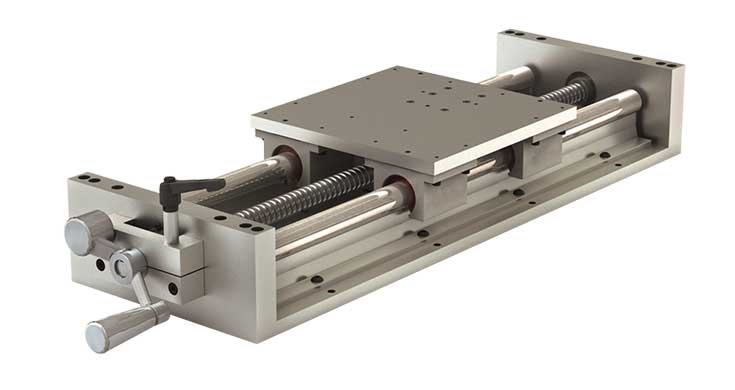Linear slides are a type of mechanical device used to guide and support linear motion. They are typically used in industrial and manufacturing applications.
Linear slides have two primary components: a stationary base and a moving carriage or table.
The carriage is mounted on a set of bearings or rollers, which allows it to slide along the base with minimal friction.
Linear slides are not only used in industrial and manufacturing settings but are also present in many household products.
For example, drawers that slide in and out of cabinets or furniture are typically equipped with linear slides to enable smooth and easy operation.
These slides are often made from materials such as steel, aluminum, or plastic, and can be either ball-bearing or roller-bearing based.
Additionally, linear slides are used in many other household items, such as sliding closet doors, shower doors, and sliding glass patio doors.
With their ability to provide support and guidance for linear motion, linear slides have become an integral part of modern household design, making it possible for us to use various products and appliances with ease and convenience.
Ball splines by Tuli are a type of linear bearing that use a series of recirculating ball bearings to transmit torque and linear motion. They consist of a spline shaft and a spline nut, with the ball bearings arranged between them. The spline nut is free to rotate, while the spline shaft is held stationary. As the spline nut rotates, the ball bearings recirculate along the spline grooves, transmitting torque and linear motion.
One of the critical advantages of ball splines is their ability to transmit high torque and axial loads while maintaining precise linear motion. This makes them ideal for use in applications that require both high precision and high force, such as robotics, machine tools, and automation equipment.
Linear slides provide support and guidance for linear motion, while ball splines offer high precision and high-force transmission. Together, these components enable the development of complex and sophisticated industrial systems.


Comments are closed.